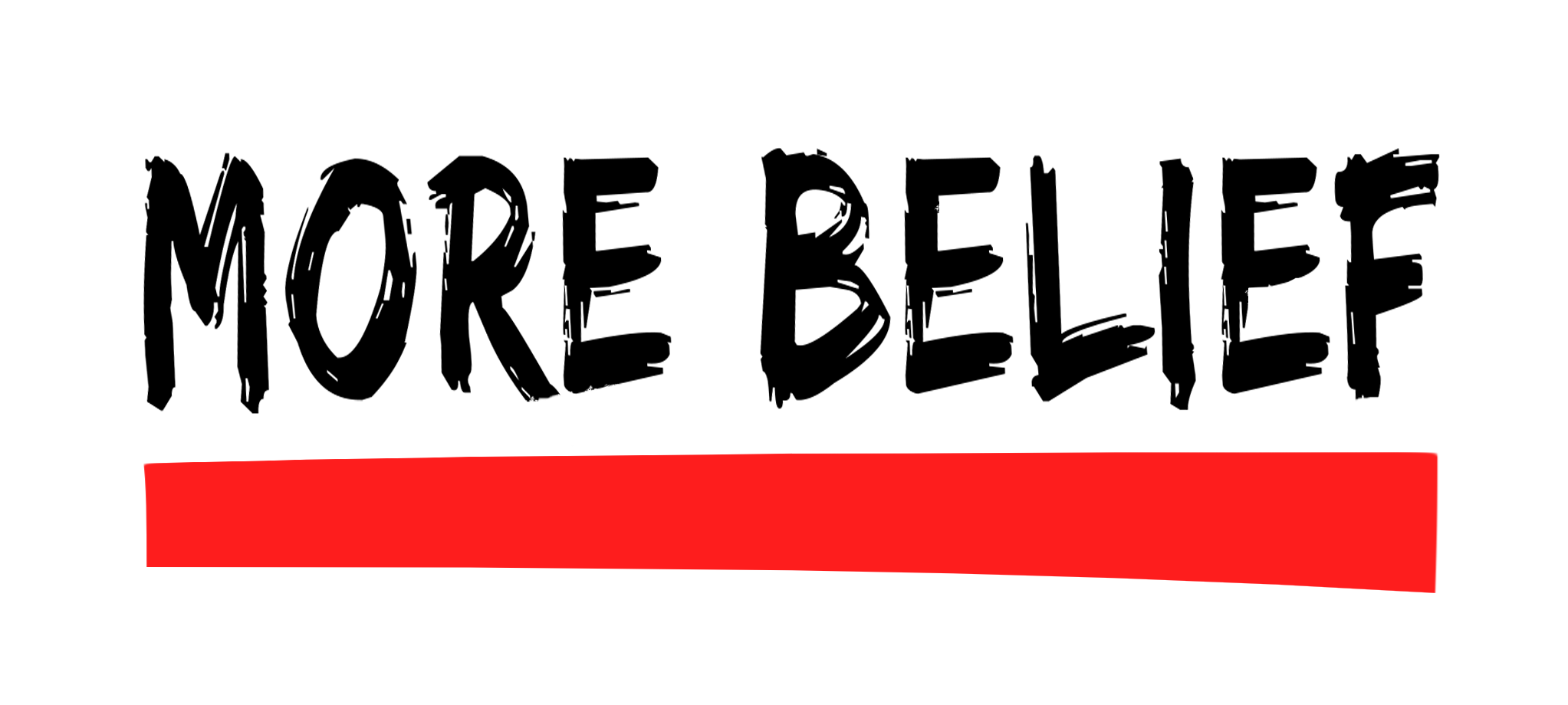The Purpose Paradox
The Purpose Paradox
And so Ada sat
And she sat
And she sat
And she thought about science and stew and the cat
And how her experiments made such a big mess.
“Does it have to be so? Is that part of success?
Are messes a problem?” And while she was thinking…
What WAS the source of that terrible stinking?
Ada Marie did what scientists do:
She asked a small question, and then she asked two.
And each of those led her to three questions more,
And some of those questions resulted in four.
As Ada got thinking, she really dug in.
She scribbled her questions and tapped on her chin.
She started at Why? and then What? How? and When?
At the end of the hall she reached Why? once again.
—Excerpt from the book, Ada Twist, Scientist, by Andrea Beaty,*
I listen to big ideas every time I am hired to graphic record a conference. It can’t be true, but sometimes it seems like every other big idea is from Simon Synek’s TED talk, Start with Why.
Synek’s whole talk turns on the phrase “People don’t buy WHAT you do, they buy WHY you do it.” He says it twice, for emphasis. Twice. He suggests we say WHY we do something and communicate from the inside out - that we should talk to the behavior part (the limbic part) of the brain, where people make “gut” decisions. It’s a persuasive talk, teaching how to be persuasive.
That’s all great, but it’s become enmeshed in something I’ve heard called the purpose movement: speakers, writers, business and life coaches building a case that knowing your purpose will lead to more productivity, less depression, less anxiety, better sales, you name it. While these claims hold some truth, it has become almost cultish. When I see it in corporate marketing conferences and tied to self-help personality tests, I sense the dark side: brands are purpose-washing their products or services just to fit with the trend. Now if someone asks me what my WHY is, I throw up in my mouth a little.
So it has become my purpose to upend the purpose movement. And therein lies my paradox.
The Challenge
I’m paid to pay attention, and it’s good for me. I’m often challenged by our clients to open my mind and heart, to broaden my point of view. And so I dug in. I played purpose games, read purpose books, and met the purpose challenge presented by my clients.
This is what I learned.
I can’t go looking for a purpose. I need to develop a purpose mindset - assume I have a purpose already. It’s not under a rock. It must be unlocked. My purpose slips away because I haven’t pondered it hard enough or given it enough time. Or pondered it recently enough if it's changed.
And then, at the gym, while listening to a purpose audiobook, mid-stride on the elliptical, I discovered the reason I’m so infuriated by this movement. It’s acutely redundant for me. Because I’m obsessed with purpose. I have always asked WHY. It’s a privilege to have lived this life. A middle-class childhood with supportive parents, sheltered from violence, sexism and racism by the happenstance of being white and male in the suburban midwest.
Buy WHY do people like me - people of so much privilege, at the head of businesses - need a movement to ask themselves if they have a purpose? Why has it taken so long?
My WHY
My purpose has always been to make the more beautiful world my heart knows is possible.**
My purpose isn’t a brand. It’s not a strategy. It’s not to make art. It’s not meant to drive more productivity or raise the bottom line. Of course, it is also all of these, I suppose—it’s a paradox. But really it’s the foundation of all I’ve ever tried to do or make in my life. I do want to say thank you to this movement for pushing me to say it aloud.
But all of this is representative of a much bigger problem...
This movement is symptomatic of a group of people playing catch up on fundamental questions they have ignored out of privilege. We have movements like BLACK LIVES MATTER or ME TOO or ALL ARE WELCOME HERE. They’re beautiful and I’m deeply moved by the inspiring work they do. But what they are asking us to do should already be obvious: to care for and to notice each other and ourselves. That is fundamental compassion. That is the response to suffering we have always been capable of.
The great video artist, Bill Viola, hinted at what I believe is an understory of truth and goodness we are blind to, despite having access to it everyday, when he said simply,
“There is an invisible world, and we’re living in it.”
So unlock your purpose. I get it. I’m in. But what’s long overdue is our belief in the invisible, beautiful world. It’s there! We just have to ask why.
_____________
*Illustrated by the peerless David Roberts
**The More Beautiful World My Heart Knows is Possible, by Charles Eisenstein (read it)
Timothy Foss
Is the President of More Belief and continues to seek out the boundary waters of where art and leadership converge.



